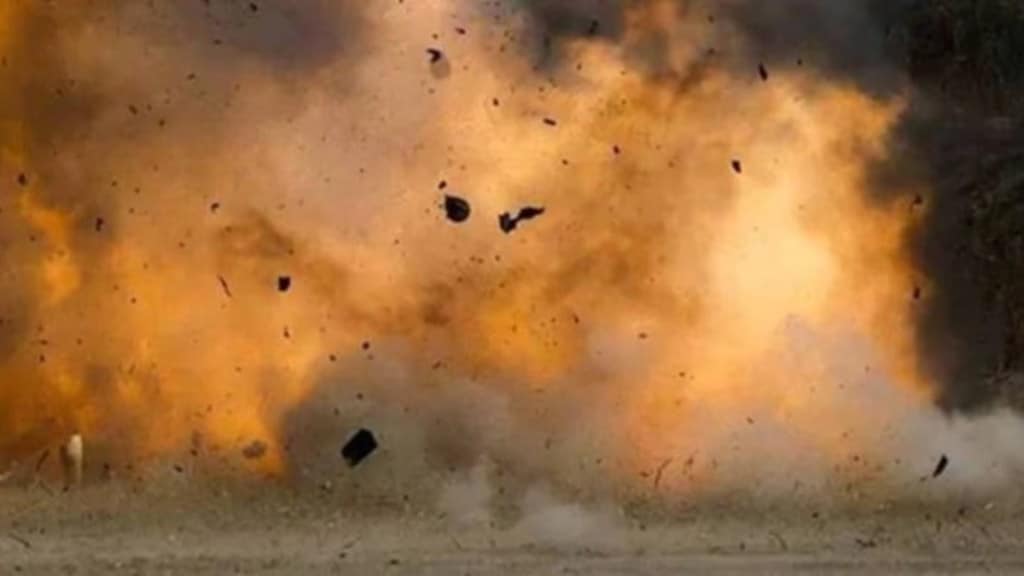A powerful blast tore through a mosque in northwestern Pakistan on Friday, injuring local Islamist party leader Abdullah Nadeem and three others, including two children. Nadeem, a prominent figure of the Jamiat Ulema Islam-Fazl (JUI-F) political party, was believed to be the target of the explosion. District police chief Asif Bahadar confirmed that Nadeem had been hospitalised with serious injuries following the attack in South Waziristan.
The cause and perpetrators behind the explosion remain unclear. No group has claimed responsibility for the attack so far. The incident adds to the growing list of violent assaults in Pakistan’s volatile border regions adjacent to Afghanistan.
Escalating Militancy in the Region Recent months have witnessed a surge in violence in the region. Last month, a suicide bombing during Friday prayers at an Islamic seminary in northwestern Pakistan claimed six lives. The seminary is historically linked to training grounds for the Afghan Taliban. Earlier this week, separatist militants in southwestern Balochistan hijacked a train, holding passengers hostage in a tense, day-long standoff with security forces.
Government’s response to rising threats
Pakistan has pledged to intensify its crackdown on militancy, expressing concerns that militants are finding safe havens in neighbouring Afghanistan. However, the Afghan Taliban has denied these allegations. As security concerns mount, Pakistan’s leadership is under increasing pressure to address the escalating threats to stability and public safety in the border regions.
Investigations are ongoing as authorities work to identify those responsible for the mosque attack.
(With Reuters inputs)


